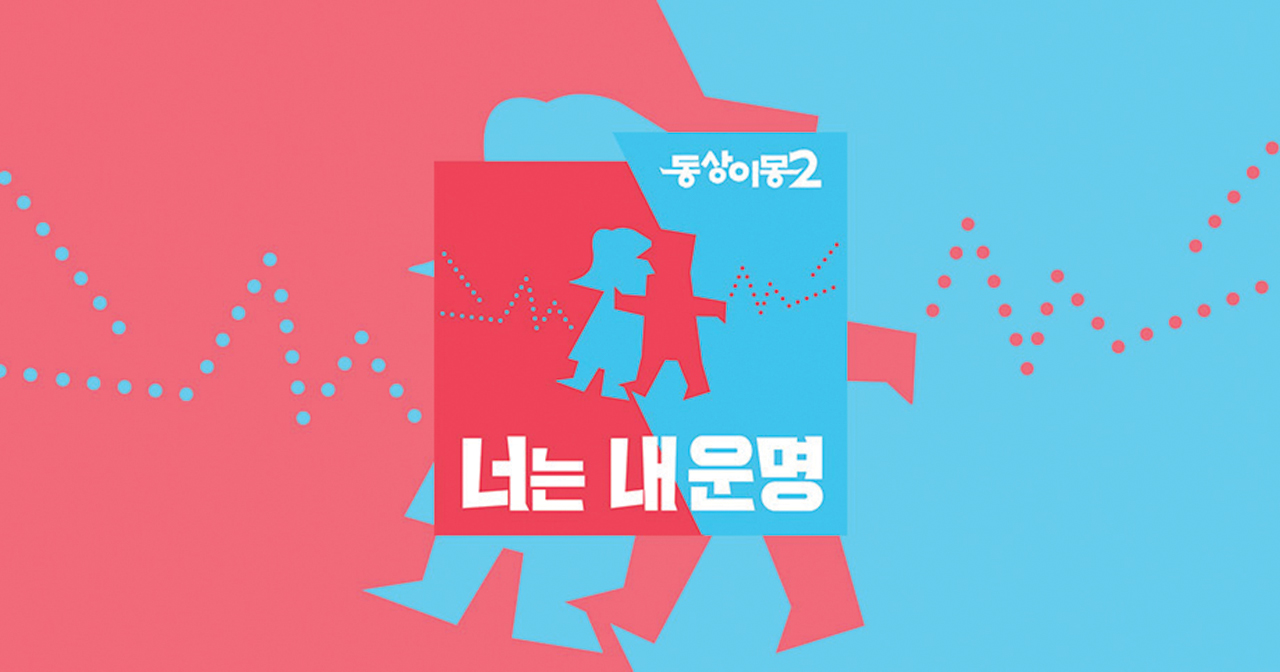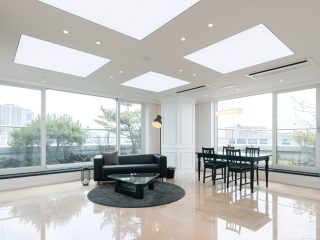
© SBS
Family variety shows get ratings, but depictions of the lifestyles of the rich and famous may be depressing viewers
Over the years, many Korean TV shows focus on celebrities’ families. The trend started with their kids. Celebrity dads went camping with their kids or took care of their children all by themselves, realizing how hard childcare was. Now, the “family variety show” trend has produced a series of mutations.
First, celebrities’ teenage or adult kids appear on some shows, sometimes their parents step up to the plate, or celebrities’ wives seek freedom from their daily routines. And the family variety shows get good ratings. “Same Bed, Different Dreams,” SBS’s Monday night show that follows famous couples, is the most popular TV show in its time slot. “My Ugly Ducklings” appeals to many mothers who are curious about how their adult children are like when they are not around, as the show focuses on four mothers watching how their celebrity sons live their lives.
In fact, the family variety shows attract people as they satisfy the public’s desire to know about stars. Unlike paparazzi who are notorious for privacy invasion, these programs serve as a legal and ethical window into celebrities’ lives, each with some relatable messages like “fathers should take more responsibility at home,” or “wives also need some space.” The problem is, however, those shows might make people less happy with themselves, in a very subtle way. For years, many Korean viewers have been showered with TV dramas in which a rich man falls in love with a poor girl, and they started to raise their voice against the “Cinderella” storyline — which means the audiences now know that it is only a fantasy. When it comes to the family variety shows, however, viewers have come to learn that there are actual people who are wealthy enough to live in big houses with a spectacular view of the Hangang River, while many hard-working Koreans have a hard time getting a home of their own on the outskirts of Seoul.
It might then be only natural that viewers compare themselves with those celebrities while watching the shows. As several studies have pointed out that Facebook might make its users unhappy as it allows them to learn all the achievements of others, the family variety shows might be doing the same thing as many social networking sites — depressing viewers by showing the life of celebrities and their families. Some viewers rightfully get upset and choose to turn away from the family variety shows. “I don’t watch those shows because I don’t want to feel like I’m not a good enough mother for my kids,” said Kim Min-young, a mother of two in her 40s. Apparently, producers need to come up with something that will truly entertain the viewers before they lose all of them.
Written by Lee Jungjin


